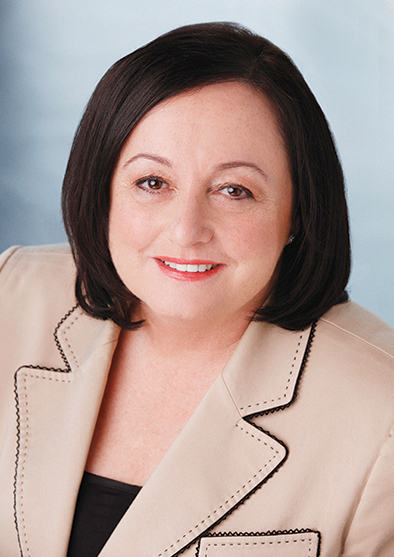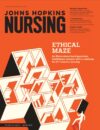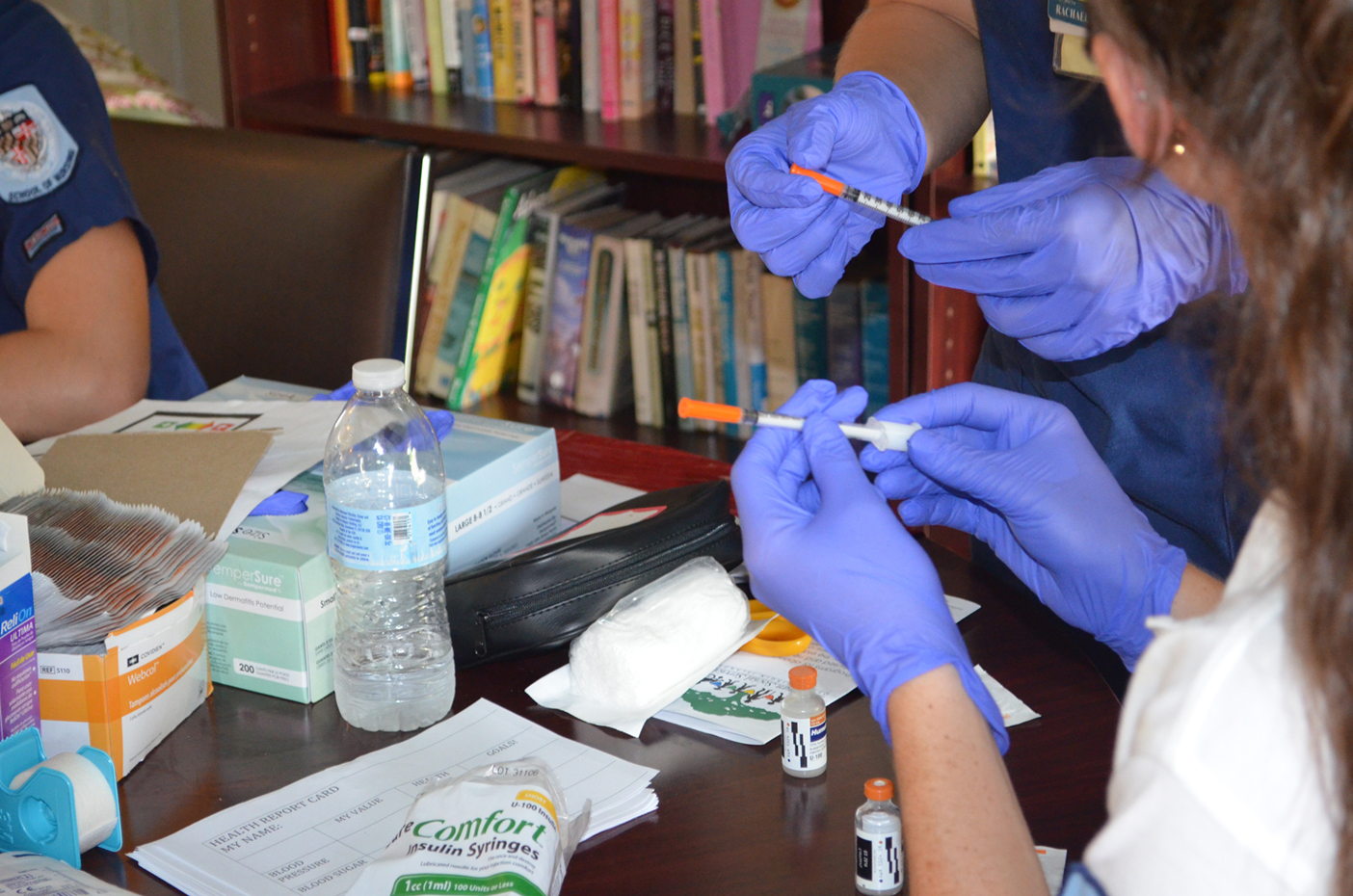I often say that the world is now “one big backyard,” and this was brought home again recently when Ebola reached the United States. An event ravaging West Africa was suddenly at our own doorstep, presenting complex healthcare challenges in practice, education, and policy. The media coverage of Ebola in the United States cast a light on polarities of views and opinions but also the importance of nursing.
Our faculty, students, and alumni know this all too well. This issue features their travels and work in Haiti, St. Croix, the Congo, China, South Africa, and Sierra Leone. Our faculty and students have a long history of packing their bags with medicine and supplies to conduct health screenings, vaccinations, and provide basic education and healthcare in some of the most challenging areas of the world. They are healthcare heroes, and time and time again their work abroad intersects and advances our school’s work in East Baltimore and nationwide. We’ve seen this in the areas of HIV/AIDS, tuberculosis, and domestic and intimate partner violence, just to name a few.
provide basic education and healthcare in some of the most challenging areas of the world. They are healthcare heroes, and time and time again their work abroad intersects and advances our school’s work in East Baltimore and nationwide. We’ve seen this in the areas of HIV/AIDS, tuberculosis, and domestic and intimate partner violence, just to name a few.
When Ebola knocked at our door, our faculty and clinical staff were able to respond quickly and provide expertise to the Centers for Disease Control (CDC), United Nations (UN), and national media by parlaying their international experience to impact national needs. Jason Farley, PhD, MPH, CRNP, is a global expert in infectious diseases; Tener Goodwin Veenema, PhD, MPH, RN, an international expert on disaster preparedness/response and containment of outbreaks such as Ebola, was instrumental in developing the CDC’s Ebola training modules for healthcare workers; and Nancy Glass, PhD, MPH, RN, associate dean for research and associate director of the Johns Hopkins Center for Global Health, was appointed to a UN delegation to study containment efforts in the Democratic Republic of Congo and ensure that Ebola protocols include community engagement there and in the U.S.
Perhaps the most interesting intersection with Ebola has to do with our cover story about nursing ethics. This past summer, Cynda Hylton Rushton, PhD, RN, a national leader on the role of ethics in nursing and medicine, led a summit of national nursing leaders to address many of the same issues raised by the Ebola crisis, such as weighing personal risk against professional responsibilities, ethical obligations of hospitals and healthcare providers, and moral courage to expose deficiencies in care.“Our faculty, students, and alumni are healthcare heroes, and time and time again their work abroad intersects and advances our school’s work in East Baltimore and nationwide.”Little did we know how “ethics” would become an emotionally charged sidebar during the Ebola crisis, with nurses leading the call for thoughtful decision making regarding the care of patients and healthcare workers here and abroad. It was primarily nurses who were infected, raised containment and procedural concerns, and put their lives at risk to save others, regardless of thedangers. This is what nursing is all about. It’s looking at the world as one backyard, developing and sharing data and best practices, having the moral courage to speak out and, most importantly, taking care of the sick and protecting the vulnerable.
We hope you enjoy this issue and we applaud and salute all our faculty, students, and alumni–and nurses worldwide–who work so very hard to make our backyard a safe and healthy place for all.
Patricia M. Davidson
PhD, MEd, RN
Dean, Johns Hopkins School of Nursing

